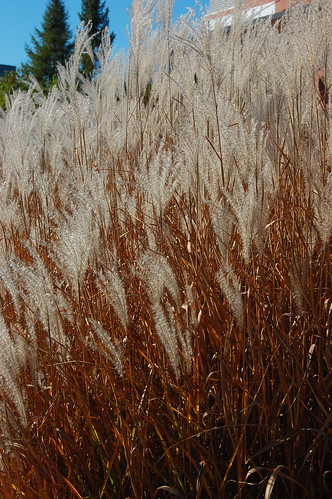 I made my first tweets on Friday, 15 November 2013. They were a long time coming. I set up my Twitter account more than three years ago. It has taken me this long to overcome my communications anxiety. Not so much anxiety about what to say, although there is that too. But rather anxiety about how this communications stream fits into my PIO, my personal identity online. Frankly, I didn’t have a viable use-case for me back then. What’s changed?
I made my first tweets on Friday, 15 November 2013. They were a long time coming. I set up my Twitter account more than three years ago. It has taken me this long to overcome my communications anxiety. Not so much anxiety about what to say, although there is that too. But rather anxiety about how this communications stream fits into my PIO, my personal identity online. Frankly, I didn’t have a viable use-case for me back then. What’s changed?
To some extent Twitter has changed. In the past three years it has grown not just in numbers but in sophistication. These days it would be hard to deny that communities form, interact, and disband within the Twitter environment. That is part of what motivated my plunge into the tweet pool.
I like the fact that Twitter is not a deep well or walled garden or whichever metaphor you best think captures the semi-permeable envelope surrounding Facebook and users within Facebook. Yes, I’m on Facebook, but I rarely, if ever, use it for anything other than staying abreast of the status updates from my many friends and relatives. For me, Facebook never overcame my anxiety about openness. I have a bias towards openness. I want what I write to be readable by anyone. I think that forces me to be a bit more circumspect about what I write. Just as it would if I was in a real live conversation with someone. Twitter has not produced the same level of anxiety for me. Although it is possible to “protect” your tweets so that only your preferred set of followers see them, the ethos is clearly to leave your tweets visible to one and all.
However, it was something other than anxieties over openness and the challenge of wit or wisdom in under 140 characters that convinced me to activate my sleeping Twitter account. It was something that arose during a panel discussion at the recent Wild Writers Festival in Waterloo.
Many of those present were published writers at different stages of their careers. There were also lots of people present who were one or more steps behind in their career arc. Many of those people, I think, marvelled at the level of camaraderie on display amongst the ‘pros’. How, they asked again and again, could they also find such a community?
Writing is hard. Community, if you don’t already have it, is probably harder. The writers on the panel struggled with what to advise. Many of them had found their writerly communities while in school, often after they embarked on a graduate degree, an MFA. Others followed a different path and felt they had only found their community after their initial publications. That led to speculation as to what the preconditions of such a community might be. The best answer to that question, I think, came when one of the panellists turned the tables and asked whether the questioner self-identified as a writer.
What does it mean to self-identify as a writer? And why might that be important for joining or forming a writerly community?
I think self-identification here means declaring publicly that you are a writer. You aren’t a hobbyist. This isn’t an avocation. When someone asks you about yourself, the first thing you say is, “Hi, I’m a writer.” It’s both what you do and who you are. It’s a vocation, which is a strong feeling of suitability for a particular career or occupation. A strong feeling of suitability.
There is no need to be diffident. Indeed, an unwillingness to declare yourself as a writer may be precisely what is holding up your entry into the community of writers. If you do have that strong feeling of suitability, then declare yourself.
Declare yourself. Sometimes it comes down to just that — admitting to yourself that you are, in fact, a writer. And once you’ve done that, then the next step is to declare it publicly.
Which brings me back to Twitter. I have chosen to use my Twitter account as a means of publicly self-identifying as a writer. I like the extremely limited number of characters that Twitter permits for your personal bio on your profile. Mine now reads:
writer, reader, sometime thinker
Come join me, if you wish. Follow me @randymetcalfe